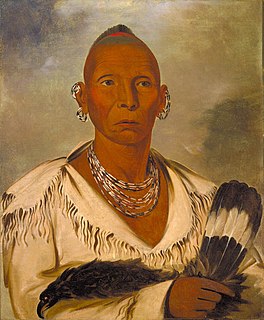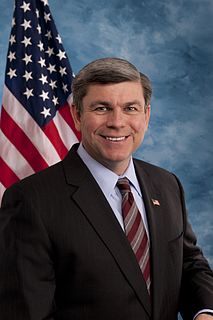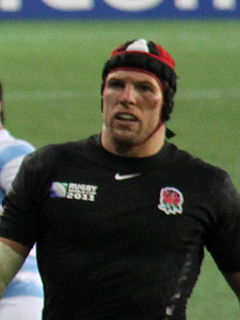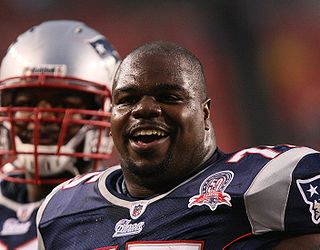A Quote by Natalie Imbruglia
I can understand why some people might look at me and say, 'What's she got to be depressed about?' I get that a lot in Britain, where mental health issues seem to be a big taboo.
Quote Topics
Related Quotes
One of the issues I think is very important, in many communities of color, there's a stigma about mental health. We find that the shaming that comes from acknowledging that one may have some issues that may relate to mental health, often people are not willing to go and seek additional help because of that shaming or that cultural stigma that's associated with it. And I think that we need to make this change in how people approach mental health.
It can be seen as 'weak' to complain about health issues or worry about your health. But with younger guys, I think it's just a case of it being a secondary thought. We live pretty busy lifestyles these days. People have got work and social lives, and they party and spend a lot of time doing other things, and health just takes a backseat in a lot of cases. That's just the way a lot of people seem to live their lives.
There are whole states where people [with addiction or mental health issues] can't get to a doctor. If that were true of pancreatic cancer, if that were true of heart disease, if that were true of diabetes, we'd all understand that it made no sense at all. And yet we somehow approach mental health from a very different standard.
One of the things we need to do is address mental health care as an integral part of primary care. People often aren't able to navigate a separate system, so you see successful models where a primary care physician is able to identify, diagnose, and concurrently help people get mental health treatment who have mental health issues.
My mother helped me to get past that. She was always there for me, until she dies. I remember she told me once, about big hearts and small hearts, and that not everyone could be blessed with a big one that had room to care for a lot of people. She promised me that mine was big, and that I was the lucky one for it.
Mental strength is not the same as mental health. Just like someone with diabetes could still be physically strong, someone with depression can still be mentally strong. Many people with mental health issues are incredibly mentally strong. Anyone can make choices to build mental strength, regardless of whether they have a mental health issue.
To educate is really the most important thing. To try to reach people that have never understood mental health or had issues with it or people around them who have had issues with it. To just educate them and just understand that Naomi Osaka is not going to pull out of the French Open just because she doesn't want to talk to the press.
A lot of people look at me as a big person. Some people consider me to be obese. Some people consider me fat and sloppy. Everybody knows that I have a big stomach, but I think sometimes that overshadows everything else on my body - from my calves to my back to my shoulders to my biceps. What people go to the gym and work for, I have. The only thing I don't have that they got is six - packs. But I really don't care about six-packs.
A lot of people seem to think that art or photography is about the way things look, or the surface of things. That's not what it's about for me. It's really about relationships and feelings...it's really hard for me to do commercial work because people kind of want me to do a Nan Goldin. They don't understand that it's not about a style or a look or a setup. It's about emotional obsession and empathy.




































